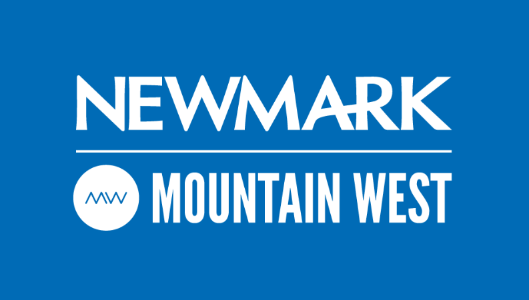Staying Up on Your A/R
“Staying up on your A/R” refers to actively managing and staying on top of your accounts receivable, particularly during a down market. A/R, or accounts receivable, represents the outstanding payments owed to a company by its customers or clients for goods or services already provided.
During a downturn in the market, businesses may experience challenges such as slower sales, delayed payments, or even defaults by clients. Staying up on your A/R means implementing effective strategies to ensure timely collection of payments and minimizing any potential losses. Here are some key actions involved:
1. Invoice promptly: Send out invoices promptly and accurately after providing goods or services. This helps establish clear payment terms and expectations from the outset.
2. Monitor aging receivables: Keep track of the aging of your accounts receivable, which refers to categorizing outstanding payments by their due dates. Regularly review the status of each invoice to identify any overdue or aging receivables.
3. Follow up on overdue payments: Contact customers whose payments are overdue to remind them of their outstanding balances and request payment. Maintain clear communication and documentation of all interactions related to collections.
4. Offer payment options: In a down market, it can be beneficial to offer flexible payment options to encourage clients to fulfill their obligations. For example, you could provide payment plans, discounts for early payments, or negotiate alternative arrangements to avoid defaults.
5. Enforce policies and contracts: Ensure that your payment policies and contractual terms are clearly defined and enforceable. This may involve assessing late fees, charging interest on overdue amounts, or taking legal action when necessary.
6. Maintain good relationships: While managing collections, it’s important to strike a balance between assertiveness and maintaining positive relationships with clients. Professional and respectful communication can help encourage timely payments and preserve long-term business connections.
By actively managing your accounts receivable during a down market, you increase your chances of receiving timely payments, improving cash flow, and mitigating financial risks associated with unpaid invoices.










